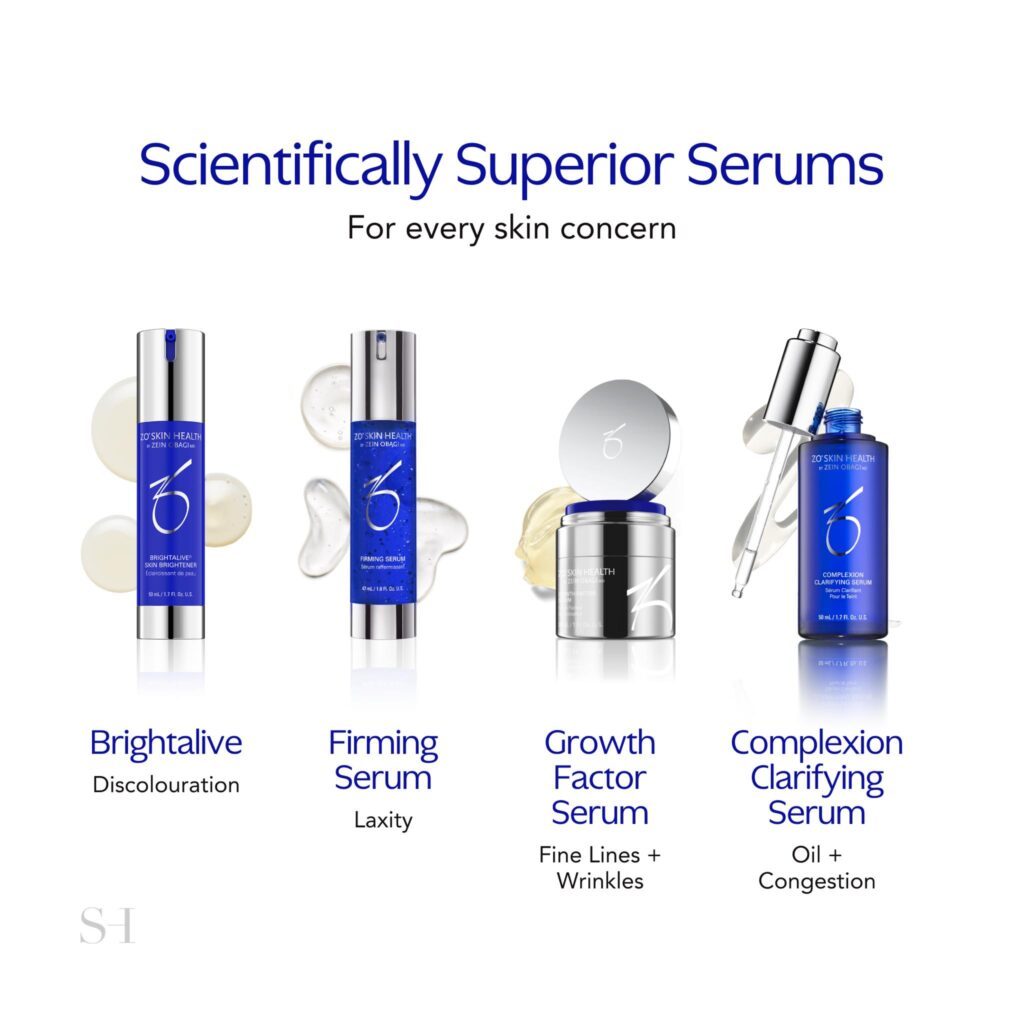Business
Jada Loutoo

PENNYWISE Cosmetics – one of the largest retail chains in the Caribbean specialising in health and beauty products – has been restrained from selling a brand of medical-grade skincare in its ten stores throughout the country.
Justice Joan Charles made the order on April 12 and granted an injunction to the Maraval-based dermatology clinic Skin Health Institute, led by Dr Rachel Eckel, who has used the ZO Skin Health brand, manufactured in the United States, at her clinic for the past seven years.
In an application for the injunction, Eckel and SHI maintained the ZO product line was medical-grade and was intended to be physician-controlled, so the products could only be sold through physician-dispensed channels.
The injunction application contended that in August 2023, the claimants – SHI, Eckel and Barbados-based Dermedica Medical Ltd, the exclusive distributor of the ZO product line in the Caribbean – discovered Pennywise had begun selling 20 items from the ZO product line.
“Pennywise is neither a ZO subsidiary, sales agent partner nor a ZO distribution partner.”
It also contended the retail chain purported to have permission to sell the products, when it was not authorised to do so.
The three claimants have alleged Pennywise engaged in unfair competition, “passing off” the product, misrepresenting its association with the products and engaging in “deception” by its advertising of the ZO products while telling its customers they could get a prescription from Eckel or get advice from her and SHI.

Eckel and SHI further contended that Pennywise’s actions in linking itself to them were “an overt act intended to make a connection…and thereby cause damage to the claimants’ sales and reputation.”
In resisting the injunction, Pennywise’s attorneys argued that the company had breached no law and had always engaged in honest business practices.
They also pointed out that ZO products were available, without a prescription, from international retail sources such as Walmart, Amazon and eBay.
Pennywise’s defence said the company had no interest in being associated with SHI or Eckel, as it had its own independent, well-established reputation, while also accusing both of trying to “obtain a monopoly” over the local sale of ZO products.
This, the local retail chain said, was contrary to the spirit and tenor of the Protection Against Unfair Competition Act.
The attorneys also pointed out that the ZO product labels showed physician supervision was not mandatory for people using the ZO products, accusing the claimants of setting out to “create fear and hysteria.
“Additionally, the importation of the products was not flagged by any government agency as being illegal and/or unlawful.”
In her ruling, Charles said it was not in dispute that SHI and Eckel introduced the ZO line of products in 2016.
She said the evidence presented showed Pennywise’s employees were relying on the reputation and goodwill of SHI to sell the products and there were “false statements” on its being the exclusive distributor.
“The advertisements, signage and statements combined to create a false impression to the public and were likely to deceive customers into believing that Pennywise had collaborated with the claimants in providing the products for sale and that it was the sole distributor of said products.
“I, therefore, hold that there is evidence of an intention to deceive the public which could likely lead to the public being deceived.”
She also said having found evidence to support the tort of “passing off,” she also held the claimants had established there was a serious issue to be determined at trial.
“The issue regarding the authenticity of the products on sale by the defendant is one for trial, but at this stage, it is clear that they did not have exclusive rights to sell the products. Neither were they sourced from the manufacturer as the claimants’ products were.”
In weighing the risk of injustice in granting the injunction, the judge said SHI and Eckel stood to lose more on sales if Pennywise was allowed to continue to sell the product line until trial.
Her orders were that Pennywise was prohibited from passing off ZO Skin Health products until the trial, could not sell the line at its stores, and had to remove all the products from its shelves, as well as all advertising material and social media posts.
ZO products were invented by Dr Zein Obagi, a pathologist and dermatologist with 40 years of clinical experience.
SHI, Eckel and Dermedica Medical Ltd were represented by attorneys Terrence Bharath, SC, Shiv Sharma and Daniella Bharath. Pennywise Cosmetics was represented by Larry Lalla, SC, Vivek Lakhan-Joseph and Taruna Mangroo.
According to the judge’s ruling, in October 2023, Pennywise agreed to remove the line from its shelves until she gave her decision on the injunction application.
